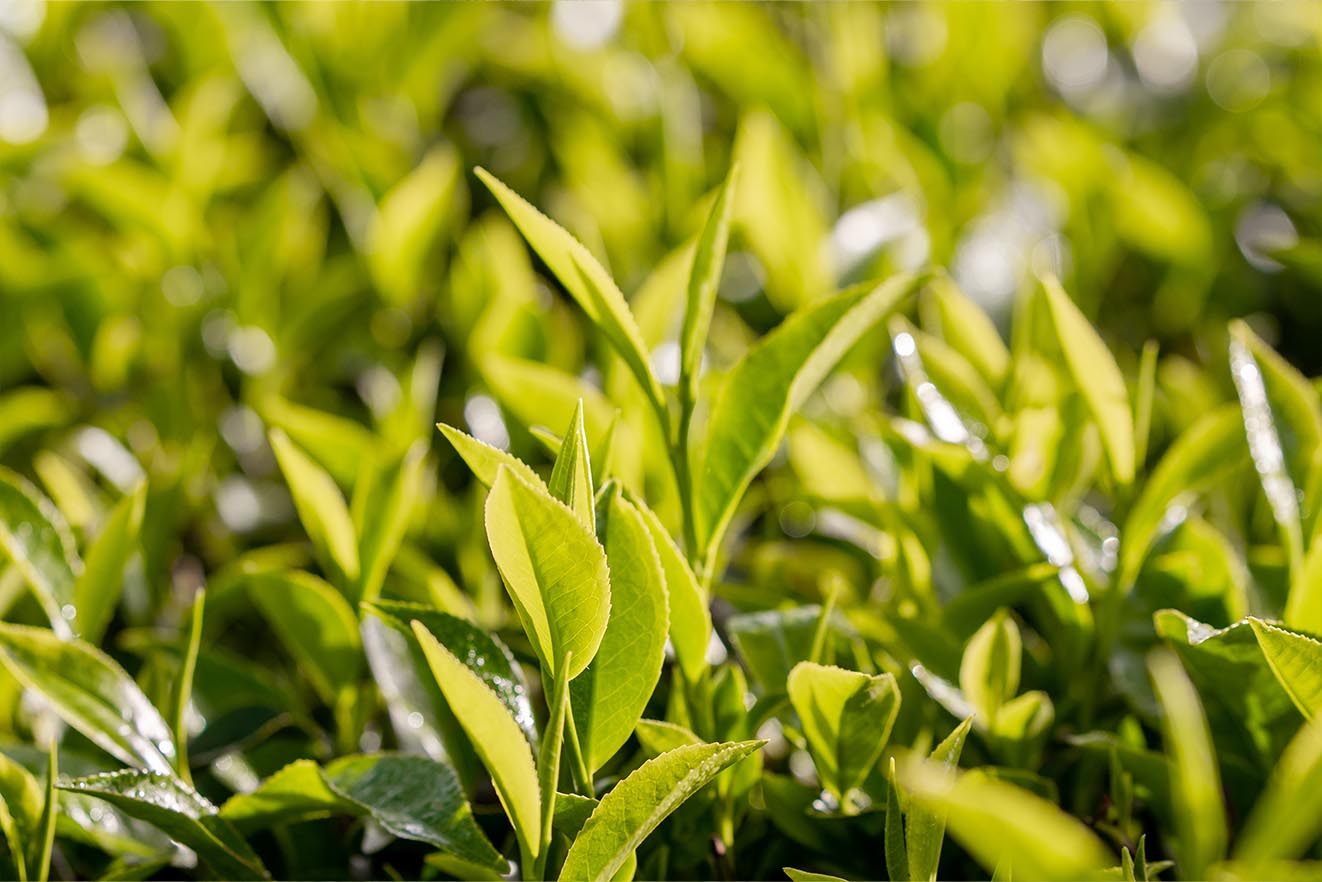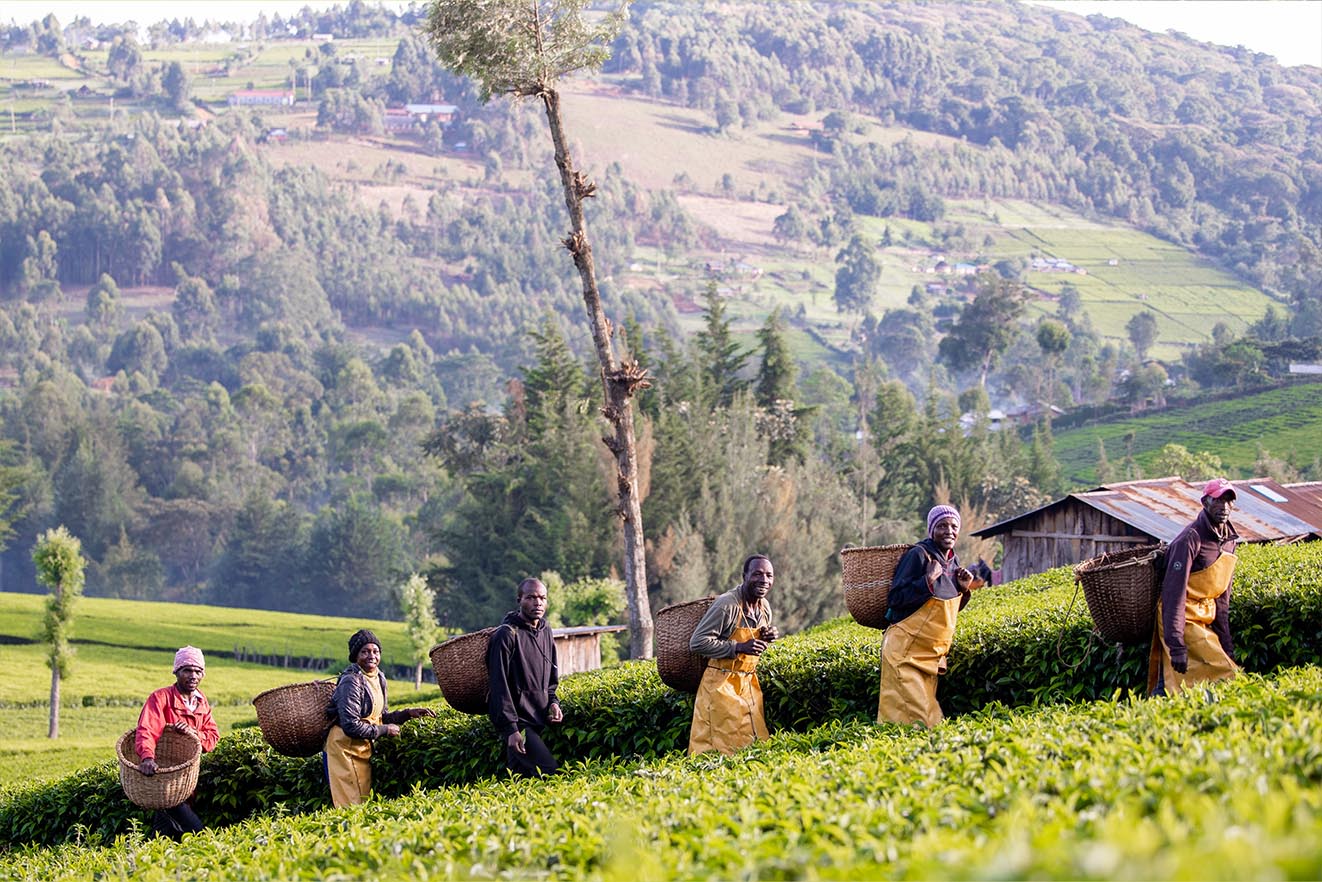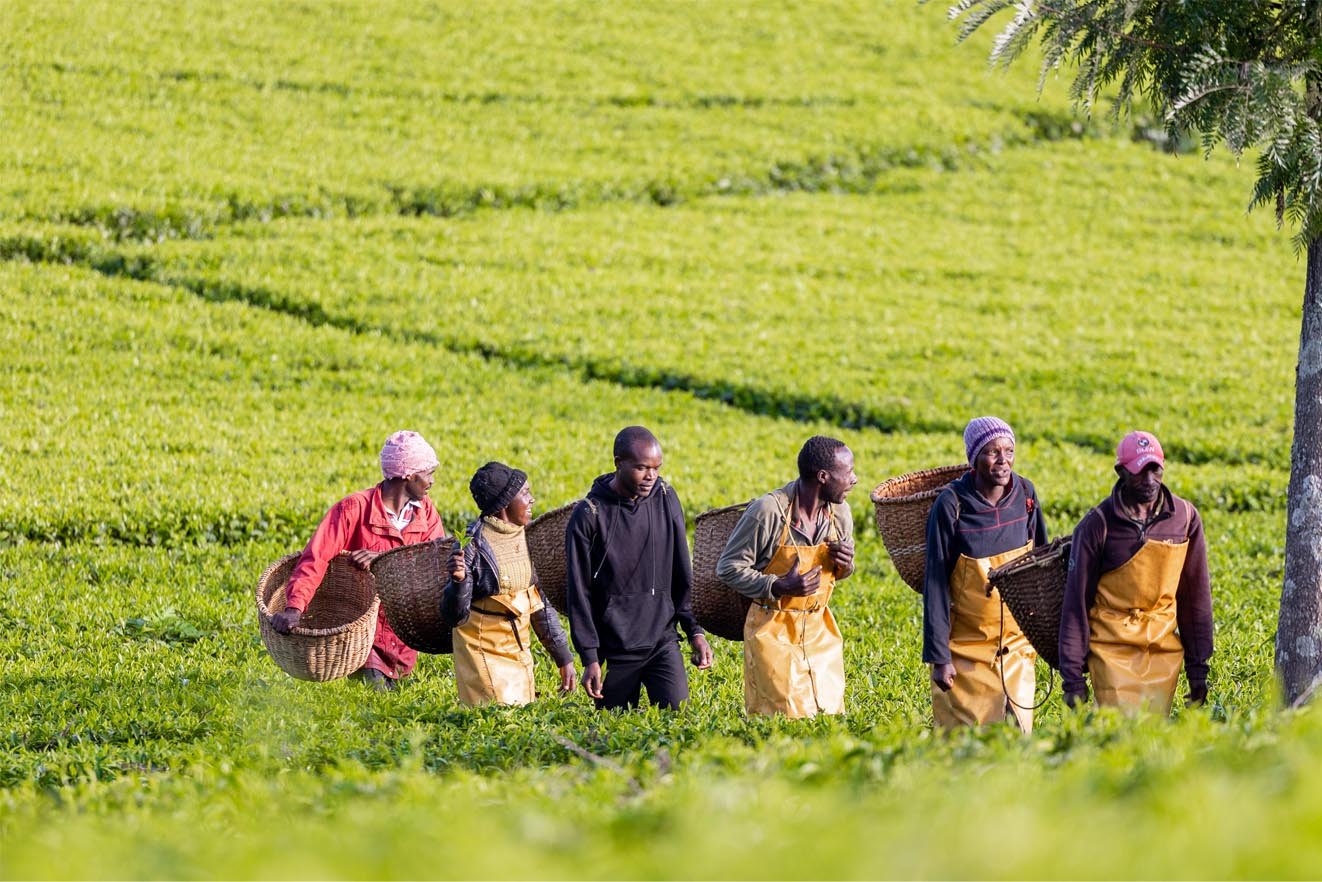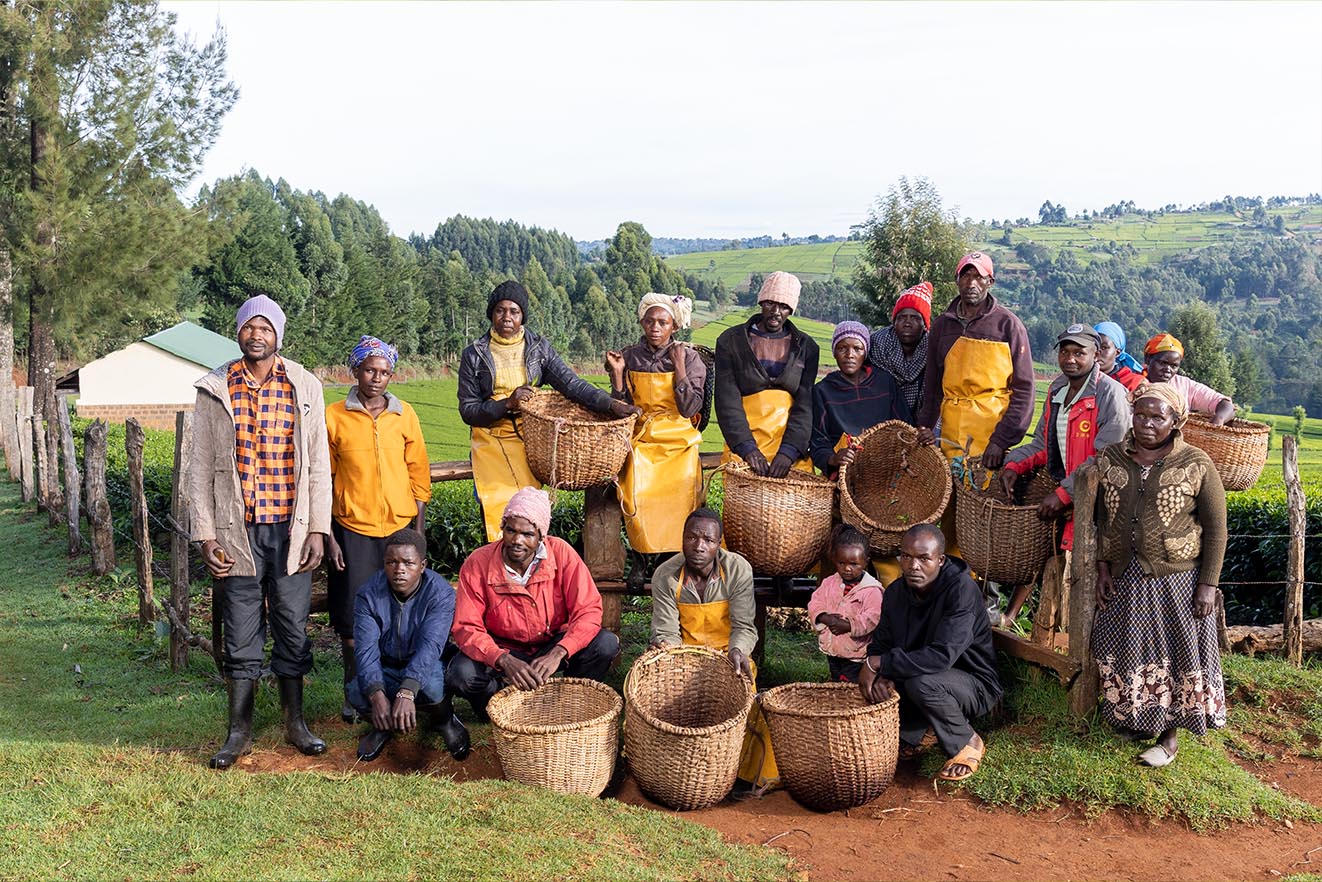Why Kenyan Tea: Exploring the Delights of Majani Group
Kenya, a country known for its breathtaking landscapes and vibrant culture, is also home to the finest tea estates in the world. With its equatorial climate, fertile soil, and high altitudes, Kenya offers the perfect conditions for tea cultivation. The result is a tea that boasts a flavor profile, distinctive briskness, and a bright, coppery infusion that is recognizable.
Pesticide Free
The teas are grown at high altitudes, ranging between 6000-7000 feet above sea level, which means there’s no need for pesticides.
Climate
Kenya has a perfect climate for growing tea, with high altitudes and plenty of rainfall. The high altitudes give the tea leaves a bright flavor and a golden color and contributes to Kenyan tea having higher ANTIOXIDANT content than others.
Soil
Kenya’s rich, deep reddish soil has a high mineral content and creates fertile land for tea bushes to thrive. The rainfall helps to keep the soil moist, which is essential for the growth of tea plants.
Processing
The tea production process in Kenya is very carefully controlled, from the picking of the leaves to the drying and packaging. The tea leaves are picked by hand, which ensures that only the highest quality leaves are used. The leaves are then processed quickly to preserve the flavor.
Flavor
Kenyan teas offer vast array of flavor profiles, bold and robust teas with malty notes to teas with delicate floral and fruity undertones. Kenyan tea has distinct amber brownish color resulting in a brisk, full-bodied flavor.




